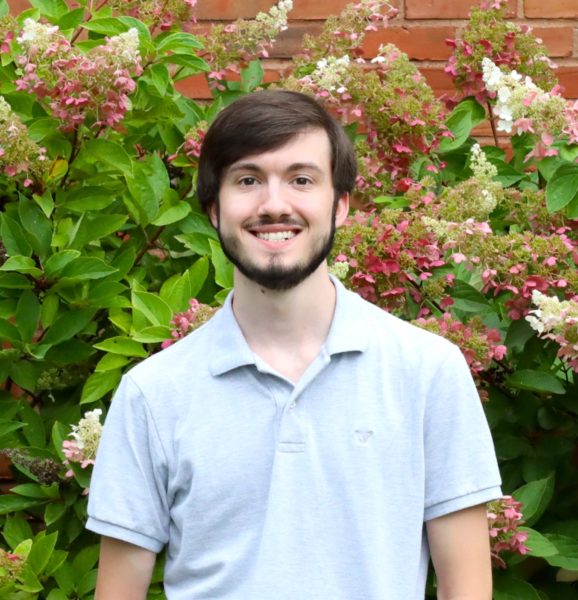The importance of student journalism
September 30, 2022
As staff members of The Observer, we like to tout ourselves as the voice of the student body. We are the platform for students from all walks of life and backgrounds, allowing all to share their stories and ideas with the campus community. But what does it actually mean—the voice of the student body? Why does what we, as student journalists, do matter? What’s the point, anyway?
Being a writer, I sometimes ask myself those questions. Whenever I write an article, I feel as if I’m just sending it off into the silent void where, save for a few of my family members (who are awesome), no one truly cares. Of course, that isn’t true. The conversations we as writers create with the community of Case Western Reserve University and the surrounding Cleveland community are important. It’s one of the ways we connect with the people around us.
So what do we gain from student journalism?
Student journalism can act as a model for the real world, where people can freely and openly discuss ideas, debate and point to the problems that need to be addressed. As opposed to state or even federal politics, schools offer a smaller, more confined community. It’s easier to see the effects of a change in, for example, university policy, since we are around each other all the time and see the direct effects immediately. When we familiarize ourselves with campus-wide issues, we can learn to understand strategies for resolving them.
That skill—figuring out how to resolve conflicts—is needed now more than ever. 60% of rural youth and 30% of urban youth live in “civic deserts,” where limited opportunities are available to meet people, discuss issues and address problems. Trying to cure the maladies that plague the country nationally is hard enough. But by engaging in conversations on the campus level, students can more easily meet and find solutions to the issues specific to a school’s community.
For us at CWRU, that means calling to attention when the administration has an inadequate response to changes in housing policies, as happened last semester, or to the violent crimes that frequent this place we call home—issues that we are all too familiar with. For students at Virginia Commonwealth University, that means being on the front lines and covering police brutality protests. And countless school papers reported on the pandemic and its effects on the student body, including ourselves.
Hence by working together to figure out solutions to the problems affecting the campus community, we can build bridges. Figuring out solutions forces us to see each other. It brings the community closer together. This connection is valuable—especially since we as young adults were affected the most by loneliness and social isolation due to the pandemic.
Student journalism also enables young Americans to have their voices heard, broadcast and uplifted. Much of the political power in this country is held by older Americans: The average ages of members of the Senate and House of Representatives is 62.9 years and 57.6 years, respectively. President Joe Biden is currently the oldest president in history at 79 years old. Moreover, voter turnout for younger Americans in 2020 lagged behind older Americans by about 25%.
Seeing so much authority in the hands of only a fraction of the U.S. population can feel crushing. The connection that student journalists have with their community can help to mitigate these feelings and give young voices a sense of validity, especially when our concerns are often silenced.
No student newspaper is at the same level as The Washington Post or The New York Times. We aren’t Daniel Ellsberg uncovering classified government documents detailing two decades’ worth of U.S. military involvement in Vietnam, but our work still has value in its own way. But as a student newspaper, we do cover issues personal to us, the student body. We shine a light on the issues that large media outlets might not pick up on, the issues that we have to face every day on campus. That’s what truly matters.
So that is what it means to be the voice of the student body. It’s not that we speak for all students, but rather that we bring conversations forward and unite together to determine how we can change this university for the better. Obviously, no writer can speak for every individual; differences in values make this near impossible. But we can share in a common understanding that CWRU, and all other universities, should be places for students to thrive.


